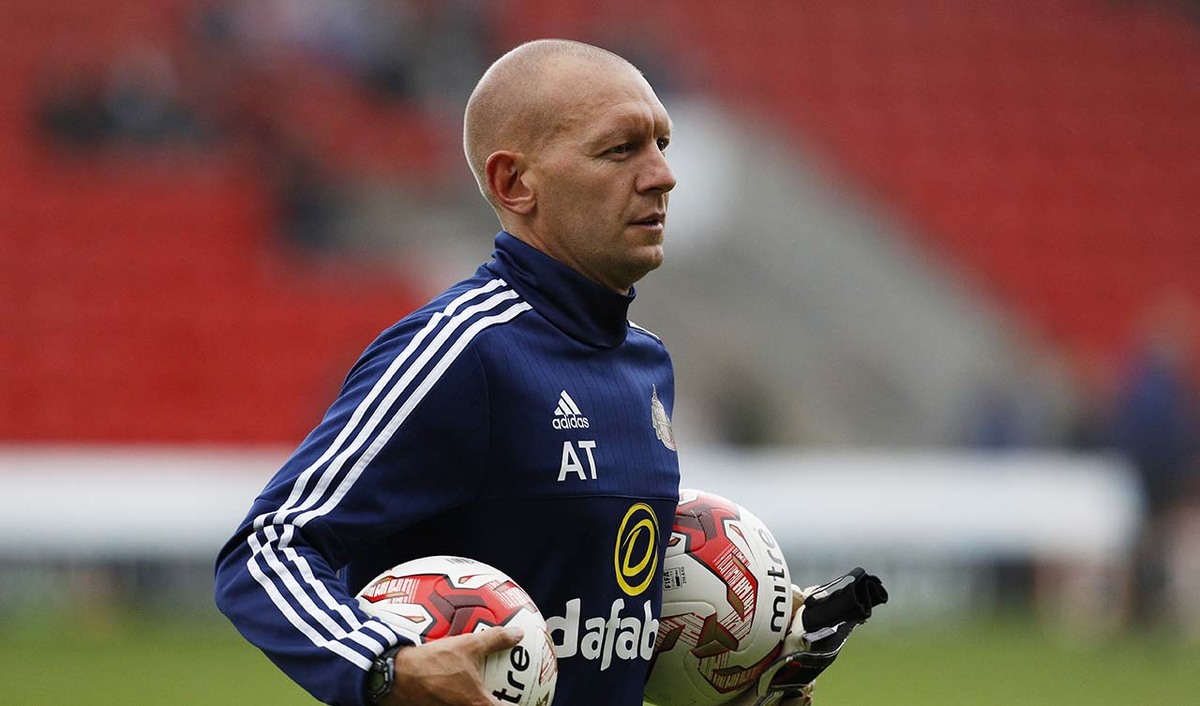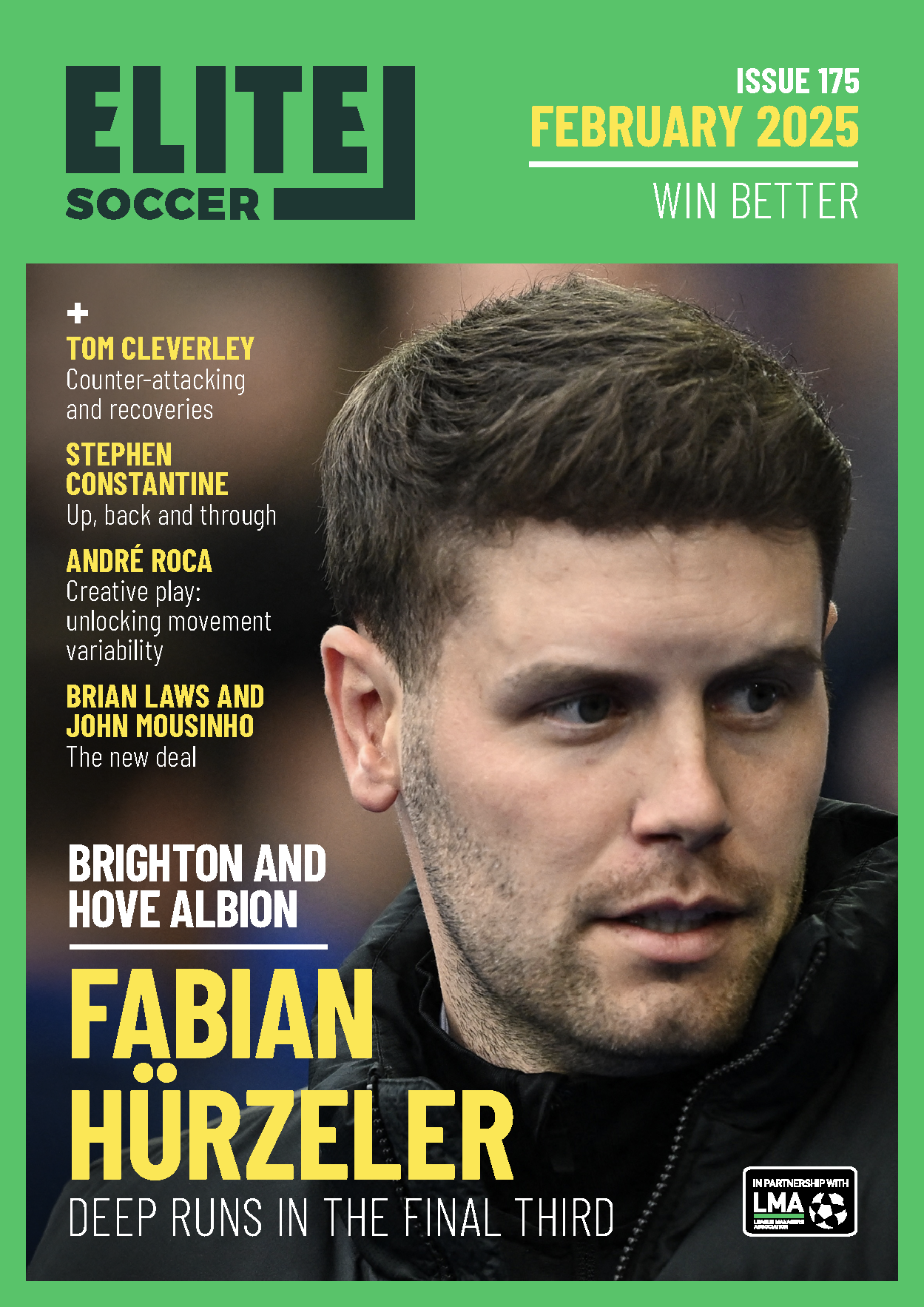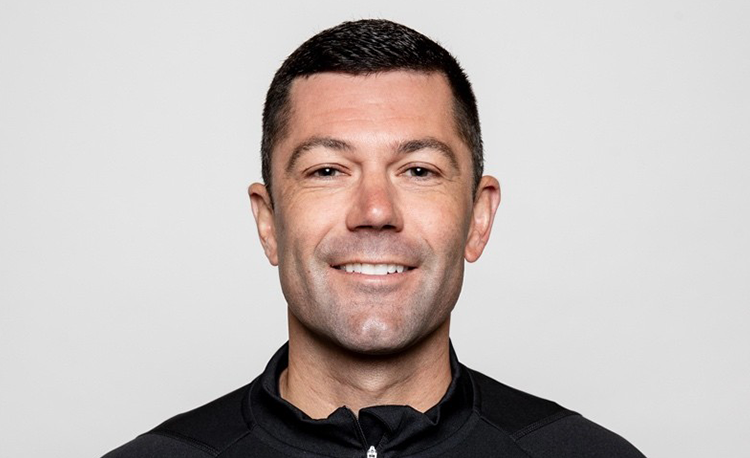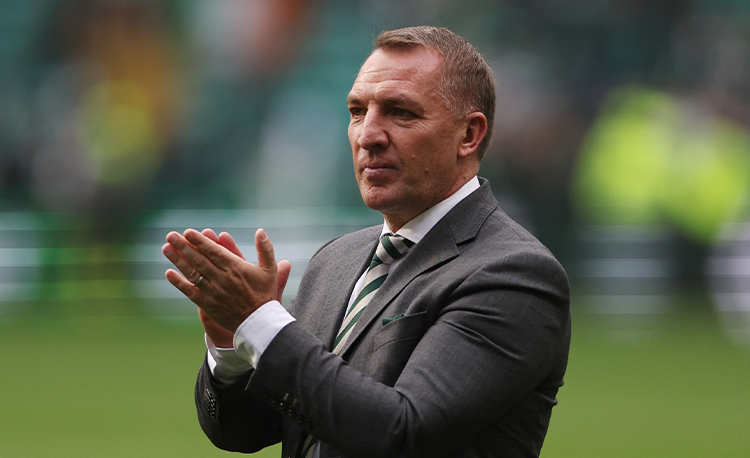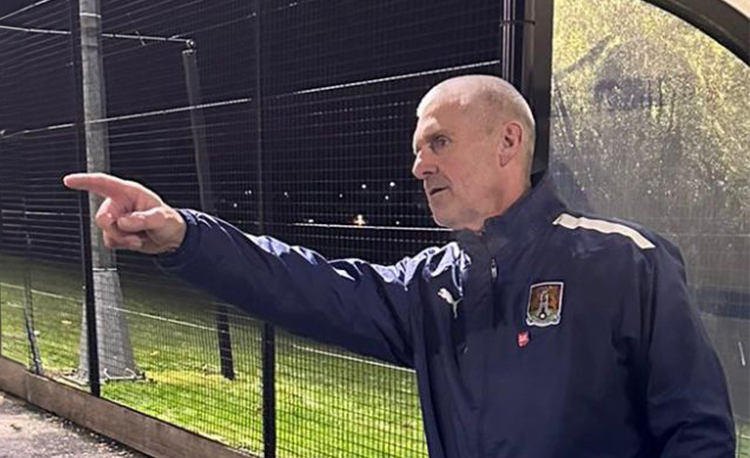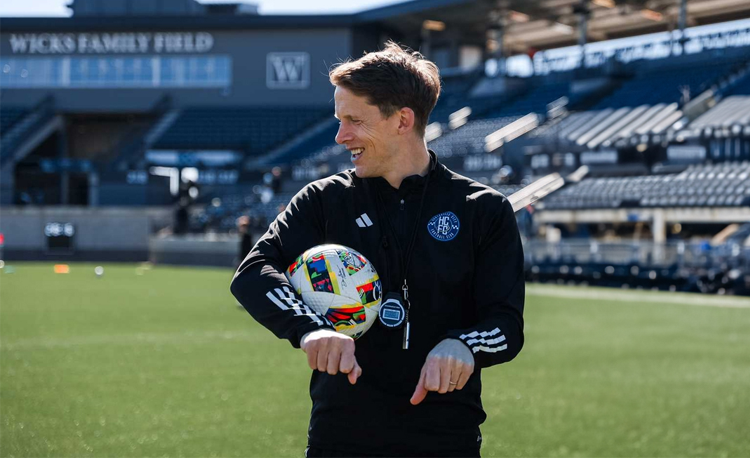You are viewing 1 of your 1 free articles
The modern goalkeeper coach
Bristol Rovers goalkeeper coach, Adrian Tucker, talks through the weekly responsibilities of the modern goalkeeper coach in preparing for a match.
The modern and future goalkeeper coach is more than just “the guy that prepares the club’s goalkeepers”. In today’s game he should have a greater role to play in the process of pre-match preparation, particularly in the area of set-pieces, where he should be liaising with other staff members and working with the head coach or manager.
Liaising with other members of staff outside of the “goalkeeper’s union” is now essential. The role of the goalkeeper coach is changing and greater responsibilities are sought for the role, which will ultimately be for the benefit of not only the individual goalkeeper coach, but for the keeper, the team and the club as a whole. Just the process of taking on more responsibility at work often helps achieve greater respect from all areas in the workplace, and the role of goalkeeper coach is no exception. Progressing the role can help with a coach’s personal development and will take him out of his comfort zone, but beyond that there are real benefits to be had.
How does the goalkeeper coach work with other technical staff members and lead a process of change? Here I’m focusing on a week in which a coach is preparing the team for set-pieces.
Set-pieces are a key element of the game, whether they be set-pieces taken for the team or against it, and they are a key part of the pre-match process that will take place each week. Some coaches spend minutes on this, some spend hours and others devote days to their preparation. Whatever the format, the quality of the preparation is vital and here I’ll be highlighting the key role that a goalkeeper coach can play in preparing the team for what may lay ahead.
Preparation for match day
In the early part of the week, the process of the set-play analysis starts with the identification of the match day trends of the opposition. A number of clips are sought to highlight the opposition’s strengths and suggested weaknesses, generally sourced from scouting and game analysis services such as Wyscout or Instat.
Next, discussions are had with the first-team coach and notes are made in preparation, in order to formulate a number of practical ideas. There are also further discussions with players in a small sub group, giving them an idea of what the latter part of the week will present and therefore paint a picture for them of what is required. This also gives them the sense of ownership of the process going forward.
Once these ideas have been formulated properly, usually by Match Day -2, it is time for the gaffer to hear more about it. The goalkeeper coach should present his practical ideas for preparation and explain the reasoning behind his plan. Then he should listen carefully! Hopefully the feedback is positive and a time can be planned where these thoughts and ideas for the training field can be fine-tuned and a discussion can be had about how and when it will all be delivered.
The allotted time you have, the way the manager wants the plan to be delivered and the format it follows becomes part of the planning for Match Day -1. In some instances, it may help to show and discuss this plan with the players and the coaching staff in the meeting room, to again give all parties further details to digest prior to implementation of the plan. As a goalkeeper coach working within a technical team, I would always seek to include other members of the coaching team in the process of preparation for outfield elements. There are opportunities to have elements of the plan questioned, but to remain open-minded in any process creates a greater respect between all the individuals in the decision-making process.
Implementing the plan
By Match Day -1 hopefully the manager has selected the team and the goalkeeper coach can formulate the tactical organisation of each proposed set-play, whether that be for the team or against it. The technical elements required from the players are also presented, such as the type of delivery, the timings of movement, the positioning of players and the speed of their movements. Areas for success and areas that may cause challenges to the team are also highlighted.
Practical examples can then be delivered; at all times the process of delivery is undertaken with the manager overseeing the full process and continually being given the opportunity to step forward to enhance and clarify any thoughts they may have about the way things are going.
The reason for this article is to highlight the importance of the goalkeeper coach making personal progress within the demands of the current working environment. There may or may not be opportunities to work outside of a coach’s comfort zone, but as an experienced goalkeeper coach and UEFA coach educator, I believe today’s goalkeeper coaches need to be prepared to respond to the demands of the modern environment and are able to liaise with a number of other individuals and coaching departments within that process.
That is a skill in itself. The process offers many challenges but ones that today’s goalkeeper coaches can hopefully address head on and with full confidence.
Editor's Picks
Deep runs in the final third
Using the goalkeeper in build-up play
Pressing principles
Intensive boxes drill with goals
Penetrating the final third
Creating and finishing
My philosophy
Pressing initiation
Compact team movement
Coaches' Testimonials

Alan Pardew

Arsène Wenger

Brendan Rodgers

Carlos Carvalhal

José Mourinho

Jürgen Klopp

Pep Guardiola

Roy Hodgson

Sir Alex Ferguson

Steven Gerrard
Coaches' Testimonials

Gerald Kearney, Downtown Las Vegas Soccer Club

Paul Butler, Florida, USA

Rick Shields, Springboro, USA

Tony Green, Pierrefonds Titans, Quebec, Canada
Join the world's leading coaches and managers and discover for yourself one of the best kept secrets in coaching. No other training tool on the planet is written or read by the calibre of names you’ll find in Elite Soccer.
In a recent survey 92% of subscribers said Elite Soccer makes them more confident, 89% said it makes them a more effective coach and 91% said it makes them more inspired.
Get Monthly Inspiration
All the latest techniques and approaches
Since 2010 Elite Soccer has given subscribers exclusive insight into the training ground practices of the world’s best coaches. Published in partnership with the League Managers Association we have unparalleled access to the leading lights in the English leagues, as well as a host of international managers.
Elite Soccer exclusively features sessions written by the coaches themselves. There are no observed sessions and no sessions “in the style of”, just first-hand advice delivered direct to you from the coach.
